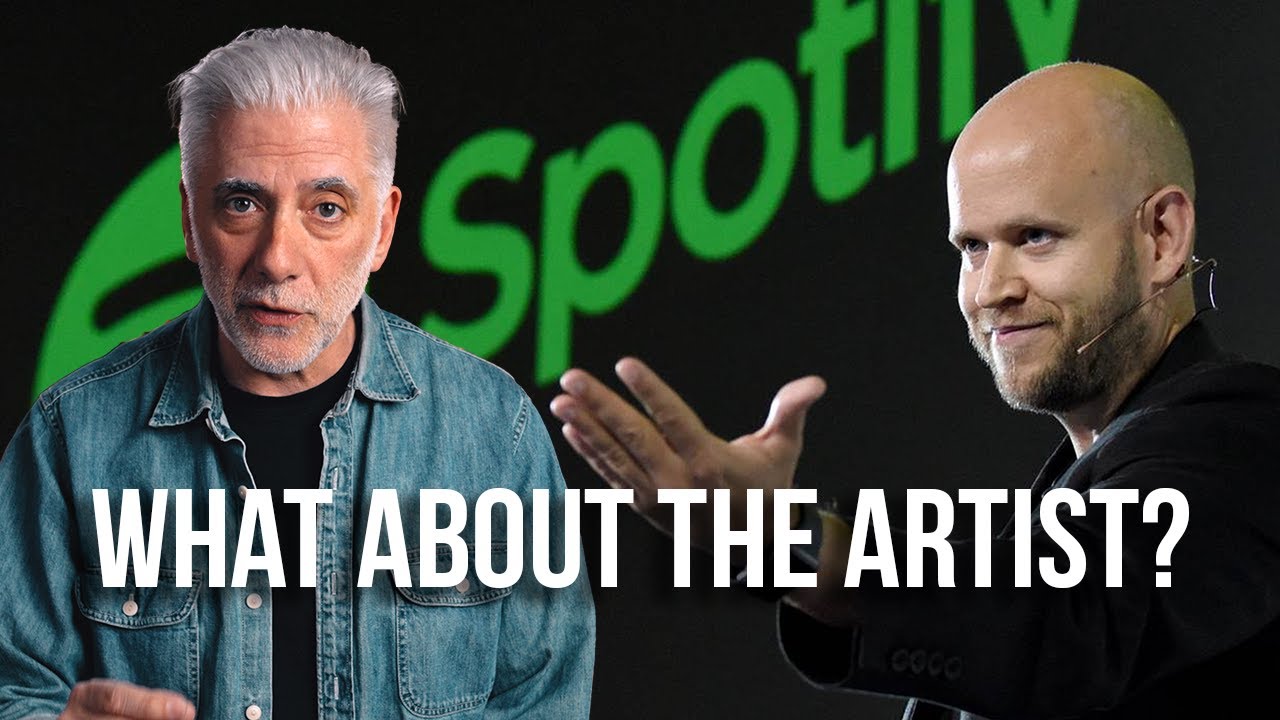The video explores the potential impact of AI-generated music on the music industry, highlighting concerns that it could significantly reduce royalties for human creators while discussing Spotify’s view of AI as a tool to enhance creativity rather than replace artists. It also emphasizes the need for artists to adapt by diversifying their income streams and leveraging AI tools, while Spotify continues to focus on both human and AI-driven content without producing its own AI-generated music.
The video discusses the potential impact of AI-generated music on the music industry, particularly focusing on Spotify’s stance and the broader implications for human creators. A report from the Global Creative Group (CISAC) predicts that AI-generated music could siphon off £4 billion (approximately $5 billion) from human creators’ royalties by 2028. The report warns that as AI content floods platforms, real artists may lose out on the revenue that their work once generated. It emphasizes the need for lawmakers to ensure that human creators are not sidelined by the rise of machine-made art, as the influx of synthetic songs could alter both playlists and the economics of music production.
In contrast, Spotify’s CTO, Gustaf Soder, argues that the company views AI as a tool that can enhance creativity rather than replace human artists. He likens AI to a “bicycle for the mind,” suggesting that it can help artists overcome technical limitations. While Spotify is open to AI-driven content, it has stated that it will not produce its own AI-generated music. Instead, the platform aims to remain a stage for both human and AI-empowered creators, focusing on facilitating a two-way conversation with listeners through large language models (LLMs) that allow users to refine their music preferences in real-time.
The video also touches on Spotify’s financial strategies, noting that despite not being profitable for years, the company has a market cap of $100 billion. To increase revenue, Spotify has raised subscription prices significantly, with individual plans increasing by 9% and family plans by 17.6%. Additionally, the company is expanding its focus on podcasting, which has become a lucrative area for growth. The video highlights Spotify’s low churn rate, indicating that users are less likely to cancel their subscriptions compared to other streaming services, which gives the company confidence in its pricing strategy.
The discussion then shifts to the competitive landscape of music subscription services, particularly comparing Spotify to Apple Music. The video critiques Apple Music’s interface and user experience, suggesting that Spotify offers a superior platform for music consumption. While acknowledging the low payouts to artists from streaming services, the video emphasizes the importance of adapting to the changing landscape, encouraging artists to create high-quality music that can compete in the charts or to leverage AI tools to enhance their songwriting.
Finally, the video concludes by urging artists to diversify their income streams beyond traditional music royalties. It suggests exploring opportunities in podcasting, social media, and YouTube to build a personal brand and generate revenue. The speaker invites viewers to share their thoughts on whether Spotify’s approach to AI music will benefit the platform or harm songwriters, highlighting the ongoing debate about the future of music creation in the age of artificial intelligence.
